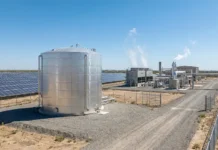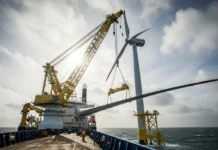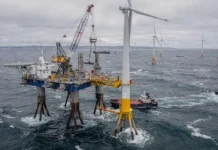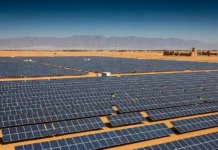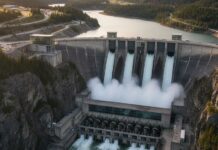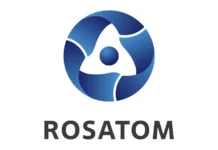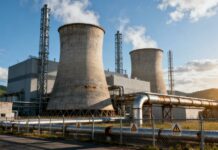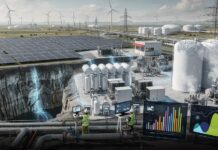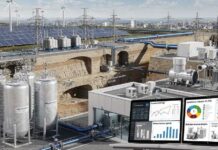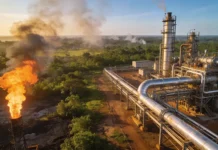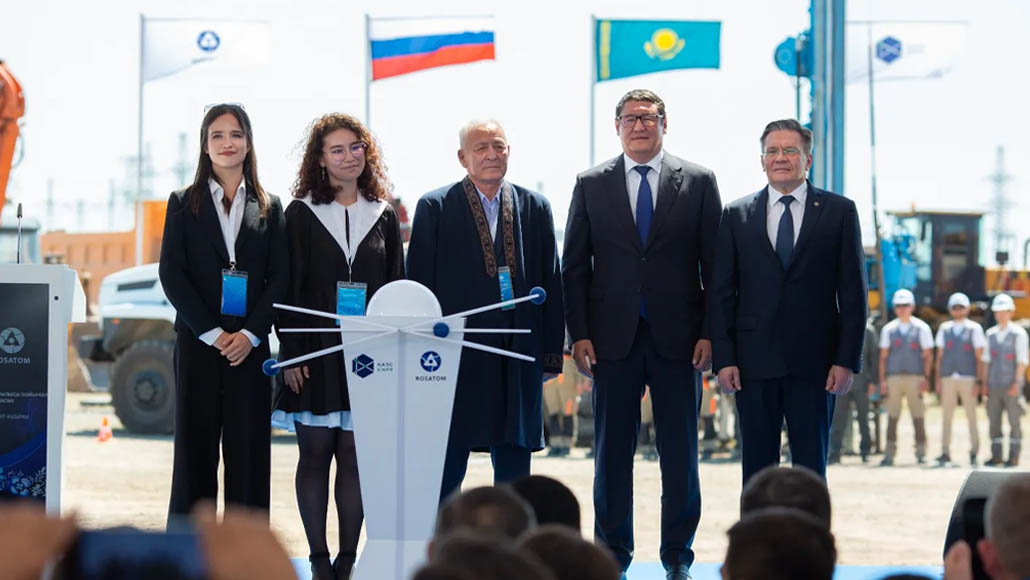Kazakhstan has formally launched construction of its inaugural nuclear power plant, marking a crucial milestone in the nation’s energy development.
In the Almaty region, the inauguration ceremony included the symbolic laying of a capsule and the start of engineering surveys.
Addressing the gathering, Almasadam Satkaliyev, Chairman of the Atomic Energy Agency, highlighted the project’s broad strategic scope. “The implementation of the project will allow Kazakhstan to form a new generation of highly qualified specialists, strengthen its research base, and create conditions for educational and technological breakthroughs,” he said.
Satkaliyev described the Kazakhstan nuclear power plant as a “strategic project” capable of advancing the country’s nuclear sector, enhancing regional infrastructure, and supporting sustainable economic growth. The investment is estimated to be between $14 – $15 billion, with an additional $1 billion allocated to social initiatives.
The first stage began on August 8 near the village of Ulken, where technical teams initiated site surveys and drilling operations. Head of Russia’s state nuclear corporation Rosatom, Alexey Likhachev, attended the launch alongside Satkaliyev.
Specialists from Rosatom’s engineering arm have started drilling the first exploratory well and gathering soil samples. The collected data will help assess seismic stability, hydrogeological conditions, and additional environmental factors critical to guaranteeing the plant’s safety and reliability.
In total, around 50 wells will be drilled at depths from 30 to 120 metres, with the findings guiding the final selection of the plant’s location.
Three potential sites in the Zhambyl district of the Almaty region are currently under assessment. Rosatom subsidiary JSC Atomenergoproekt will lead the engineering operations, supported by Kazakhstani institutions. These surveys will analyse geological, seismic, hydrological, and climatic factors, including seasonal groundwater fluctuations and potential flood hazards.
Under the bilateral “road map” agreement between Kazakhstan and Russia, Rosatom will construct two VVER-1200 nuclear reactors. The construction of the Kazakhstan nuclear power plant is expected to take approximately 11 years, with commissioning planned between 2035 and 2036. Among the various financing options, involvement of Russian state export credit is being considered.
Kazakhstan’s decision to advance nuclear power is driven by the continuing challenges of meeting the nation’s expanding energy demands. The move received public backing in a nationwide referendum on October 6, 2024, when over 70 percent of voters approved the nuclear power plant project.
As the world’s largest producer of uranium, holding about 12 percent of global recoverable reserves, Kazakhstan has not utilised this resource for electricity generation in decades. Between 1973 and 1999, it operated a plant that supplied both power and desalinated water, a facility later decommissioned to comply with the country’s non-proliferation commitments. With its vast uranium reserves and a renewed emphasis on clean energy, Kazakhstan is now positioned to re-establish its role in the global nuclear sector with a modern, forward-looking approach.






